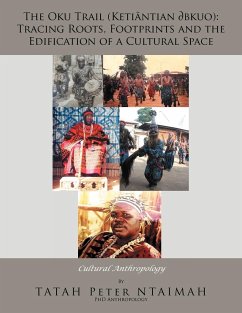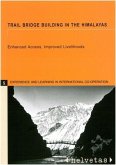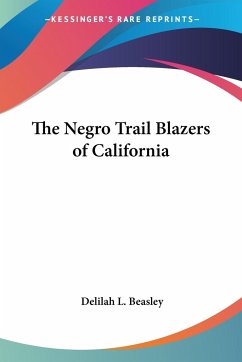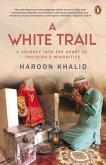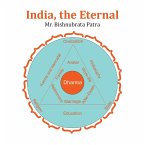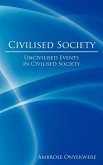Recognising that the Oku cultural space is characterised by scattered pieces of literature on various themes, this book therefore tries to fill this paucity of information by focusing on issues such as the roots or traces of Oku origin, the physical features, the political and social organisation, traditional religion and medicine, relation with other fondoms within the grassfields, socio-economic development and political evolution. From this perspective, the analyses go beyond mere presentation of historical facts. Every topic is preceded with a context interspersed with relevant literature on social anthropology. Nevertheless, the migration and integration of the Kokefem people into the Ntul society has been viewed from a historical background, in which a complete genealogy of the royal family is traced and analysed in detail. This book is presented in eleven chapters. The first chapter traces the origin of the Oku people from Tikari through the lendary Kokefem/Kovifem right up to the present settlement. It equally traces the path and events that led to the integration of the Kokefem people into the Ntul society. The physical features of the fondom and their effects on development are treated under chapter two. Here the effects of the relief, climate, vegetation and drainage on the human development are examined. Chapter three presents the political organisation and institutions of power while chapter four treats political organisation and institutions of prestige. This chapter equally treats the evolutionary nature of some of the institutions such as the royal family masquerades, language and dance. Chapter five presents the Oku social organisation or structure with emphasis on the family, succession and marriage while chapter six presents royal funerals and enthronement. Chapter seven presents the Oku traditional religion. Here, some of the basic features of this religion such as ancestral worship, juju and forest spirits or potent forces and other minor deities are presented. Chapter eight treats traditional medicine with emphasis on sources of knowledge, types of medicine and their main categories. Chapter nine presents the main socio-economic activities such as carving, agriculture and coffee industry, bee keeping and the honey industry, traditional architecture, education, health and road construction. Chapter ten presents the relationship of this society with other communities of the grassfield with emphasis on the principle of justice and equity "njioh" and the Oku policy of splendid isolation that determined the nature of this relationship. Chapter eleven which is the last, analyses the political evolution of this society. Main topics treated here are: the first ever multiparty fever in Oku in the fifties, the "kenlu" experience and its consequences on the future of the fondom, political awareness from 1976 to 1990 with splinter groups such as the "long line" and "short line" under the CNU party, the CDPM-SDF divide, Oku Rrural Radio and OCDA politics. Conclusively, thorough literature search has revealed many hidden facts on the relation of Oku and Nso. The geophysical characteristics of Oku stand out as the main determinants of its worldview. This worldview as the unique identifying feature directly influences the Oku traditional healing processes. Administratively, Oku has evolved from a simple centralised society with a unique political thought to a complex one characterised by opposition and plurality of opinion in which the Fon and Kwifon no more monopolise absolute power. From our analysis, politics in Oku from the colonial past till date has never been a bed of roses and despite major advances in education and socio-economic development, people's minds have seldom changed.
Hinweis: Dieser Artikel kann nur an eine deutsche Lieferadresse ausgeliefert werden.
Hinweis: Dieser Artikel kann nur an eine deutsche Lieferadresse ausgeliefert werden.

